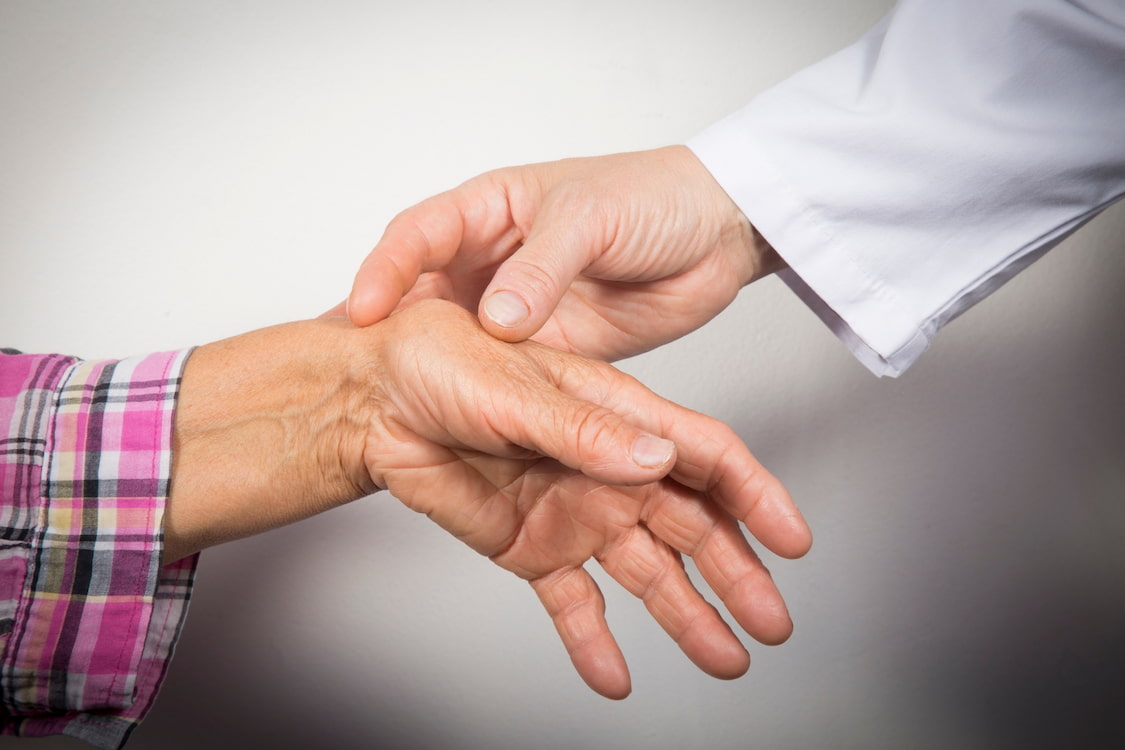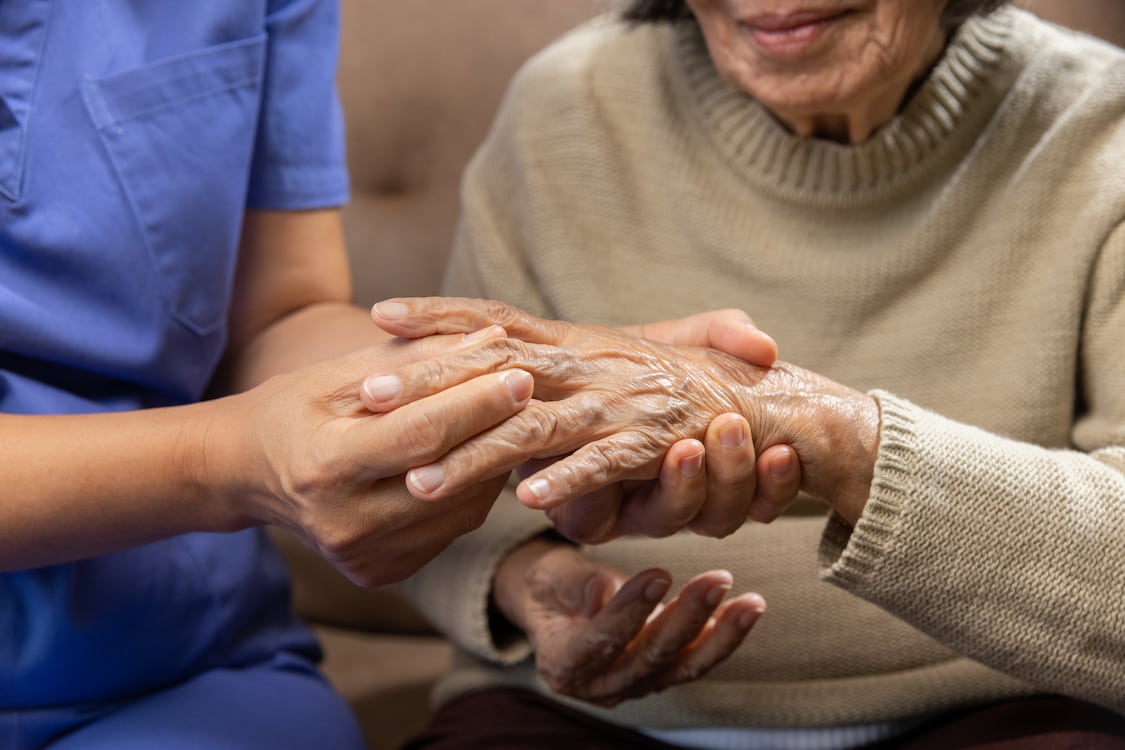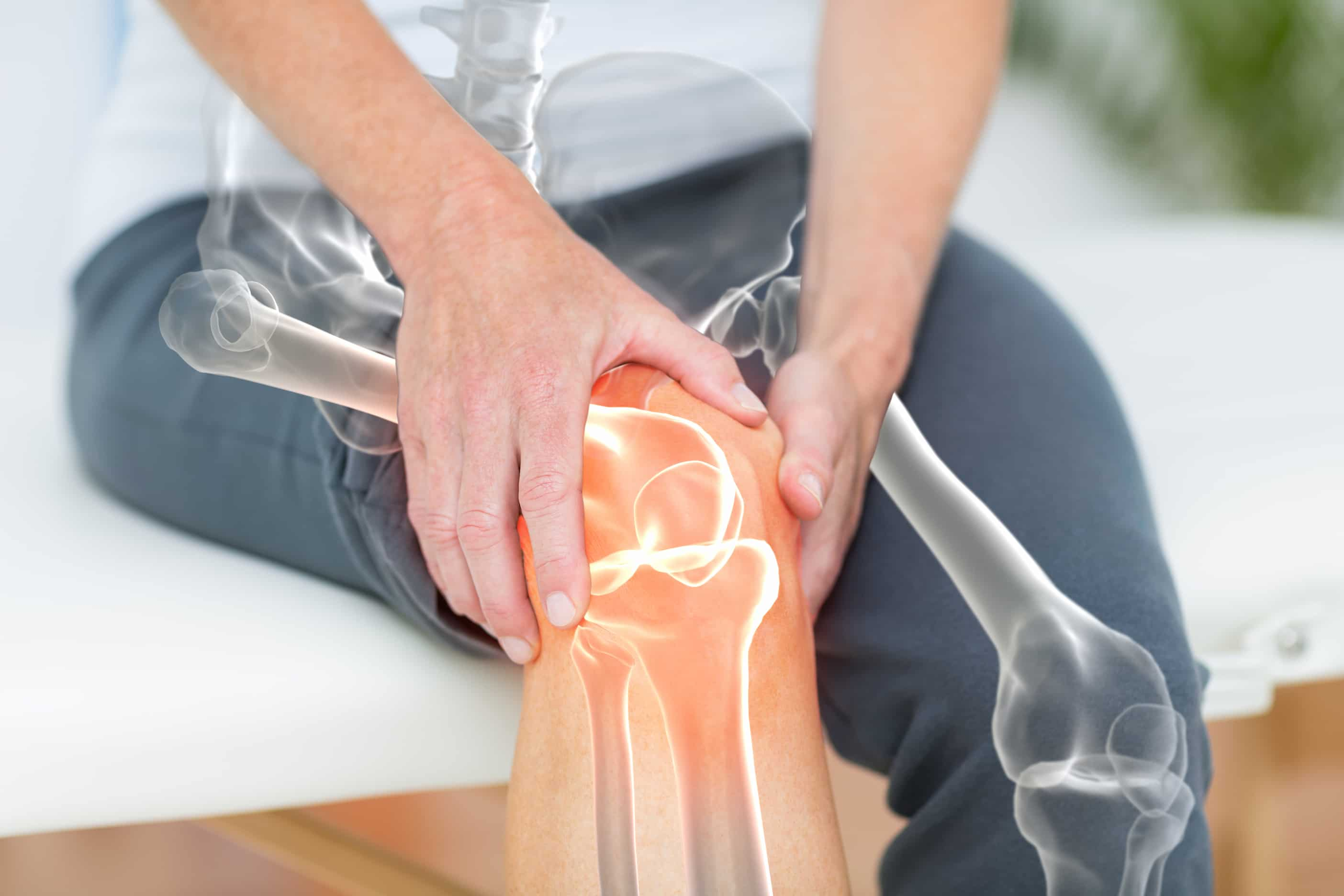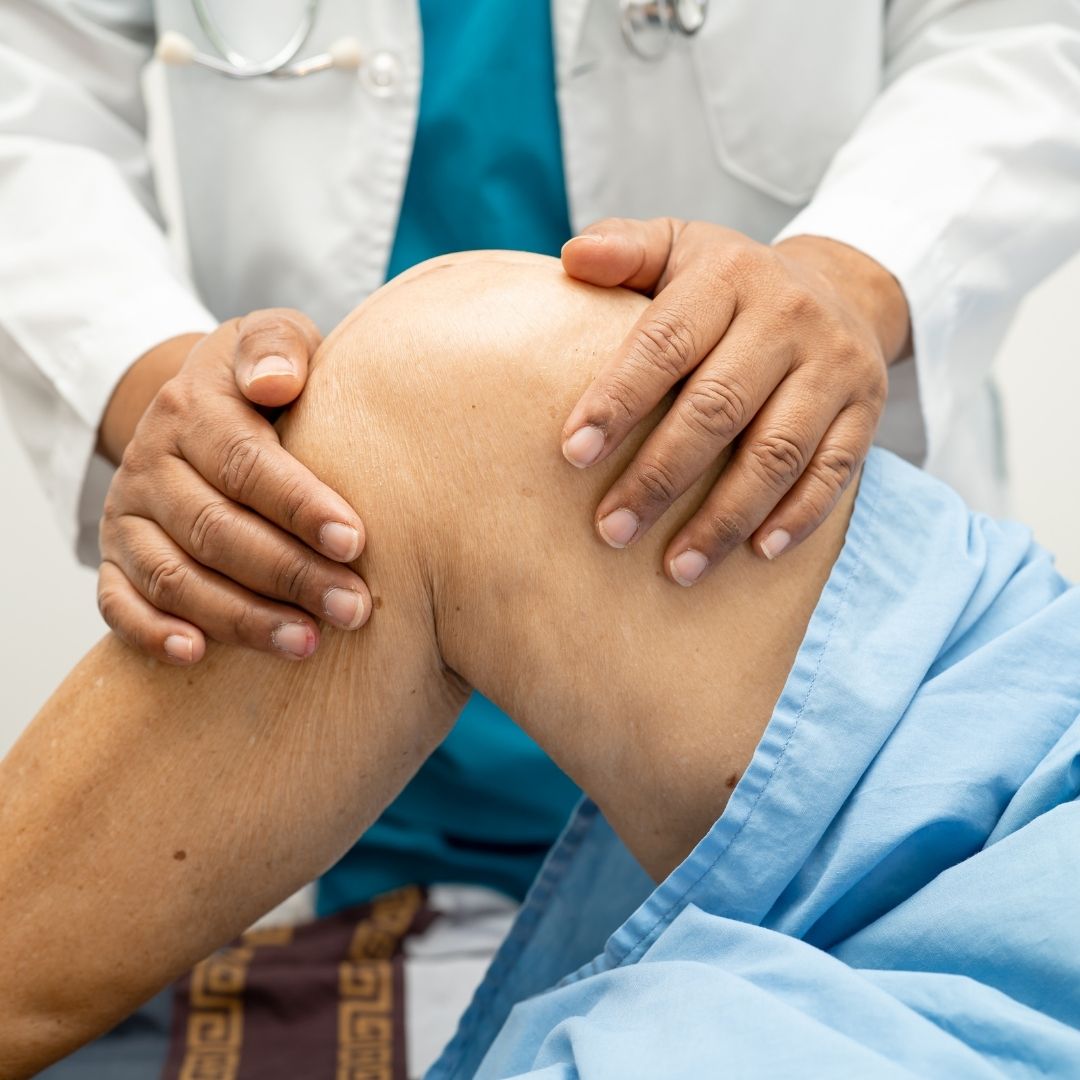
Rediscovering Your Identity After RA Remission
Living with rheumatoid arthritis (RA) can be challenging and exhausting, but with proper treatment and management, it is possible to enter a period of remission. RA remission can bring relief and allow you to regain control of your life. However, it can also bring a new set of challenges, such as rediscovering your identity after being defined by your illness for so long. In this article, we will explore what happens when RA goes into remission, how long it can stay in remission, when RA is considered in remission, and whether it is possible to fully recover from RA. We will also discuss how to cope with the emotional impact of RA remission and how to rediscover your identity after it.
What Is Remission?
Before we dive into RA remission, it's essential to understand what remission means. Remission is a term used in medicine to describe a period during which symptoms of a disease disappear, even if the disease itself has not been cured. Remission can be partial or complete, temporary or permanent. In the case of RA, remission means that the inflammation and pain in your joints have decreased or disappeared, and you're experiencing little to no symptoms.
When Is RA Considered in Remission?
RA remission is a significant milestone for those living with rheumatoid arthritis. Remission means that the disease is no longer actively causing inflammation in the joints, which results in a reduction or elimination of symptoms. RA remission is typically defined as the absence of clinical signs and symptoms of active inflammation in the joints. These symptoms include swelling, pain, stiffness, and decreased function. The American College of Rheumatology (ACR) has established specific criteria to define RA remission. These criteria include no tender or swollen joints, no systemic symptoms such as fatigue or fever, normal levels of C-reactive protein (CRP) and erythrocyte sedimentation rate (ESR), and low or absent disease activity, as measured by various scoring systems.
To meet these criteria, individuals with RA must have minimal disease activity and no signs of joint inflammation. Low or absent disease activity means that individuals have minimal or no joint pain, swelling, or stiffness, and that their mobility and overall function have significantly improved. Normal levels of CRP and ESR are also important indicators of RA remission. Elevated levels of these markers are associated with inflammation and disease activity in the body. In remission, these markers should be within the normal range.

How Long Can RA Stay in Remission?
The length of RA remission varies from person to person. Some people may experience remission for only a few months, while others may experience it for several years. According to a study published in the Journal of Rheumatology, about 30% of patients with RA who achieve remission will experience a flare within one year. However, with proper treatment and management, it is possible to maintain remission for a more extended period.
Can You Fully Recover from RA?
While there is no known cure for RA, achieving remission can be considered a form of recovery. Remission allows you to regain control of your life and return to activities you may have previously avoided due to your symptoms. However, it's important to note that remission doesn't mean you're cured. RA is a chronic disease, which means it can return at any time. Maintaining remission requires ongoing treatment, monitoring, and lifestyle adjustments.
How to Cure Rheumatoid Arthritis Permanently
Unfortunately, there is no known cure for RA. However, several treatments can help manage symptoms and slow the progression of the disease. The most common treatment for RA is disease-modifying antirheumatic drugs (DMARDs), such as methotrexate. DMARDs work by suppressing the immune system to reduce inflammation and prevent joint damage. While these drugs can be effective, they can also cause side effects and may not work for everyone. If you're concerned about the side effects of DMARDs or feel like they're not working for you, talk to your doctor. They may be able to recommend alternative treatments or adjust your current treatment plan.
Can Rheumatoid Arthritis Be Cured?
As mentioned earlier, there is currently no cure for RA. However, ongoing research is being conducted to find a cure. In the meantime, it's essential to focus on managing your symptoms and maintaining remission.
Coping with the Emotional Impact of RA Remission
While achieving remission can be a significant relief, it can also bring a new set of challenges, particularly when it comes to your emotional well-being. Living with a chronic illness like RA can be emotionally taxing, and it's not uncommon to feel anxious or depressed during remission. You may feel like you've lost a part of your identity, as you may have been defined by your illness for so long. It's essential to acknowledge these feelings and seek support if needed. Talking to a therapist or joining a support group can help you navigate the emotional impact of RA remission and rediscover your sense of self.
I Don't Want to Take Methotrexate Anymore
Methotrexate is one of the most commonly prescribed DMARDs for RA, but it's not without side effects. Some people may experience nausea, vomiting, hair loss, or liver damage while taking methotrexate. If you're experiencing these side effects or don't want to take methotrexate anymore, talk to your doctor. They may be able to recommend alternative treatments or adjust your current treatment plan. It's essential to discuss your concerns with your doctor before making any changes to your treatment plan.
Rediscovering Your Identity After RA Remission
Achieving remission can be an opportunity to rediscover your identity outside of your illness. It can be an opportunity to pursue activities that you may have previously avoided due to your symptoms. It's essential to set realistic goals and make adjustments to your lifestyle to maintain remission. This can include staying active, eating a healthy diet, getting enough rest, and managing stress. Rediscovering your identity after RA remission is a process, and it's essential to be patient with yourself. Take it one day at a time, and don't be afraid to seek support if needed.
Healthy Türkiye Notes
RA remission can bring relief and allow you to regain control of your life. However, it can also bring a new set of challenges, particularly when it comes to your emotional well-being. It's essential to acknowledge the emotional impact of RA remission and seek support if needed. Rediscovering your identity after RA remission is a process, and it's essential to be patient with yourself. It's important to focus on managing your symptoms and maintaining remission. While there is no known cure for RA, ongoing research is being conducted to find a cure. In the meantime, it's essential to focus on managing your symptoms and maintaining remission.
.jpg)



